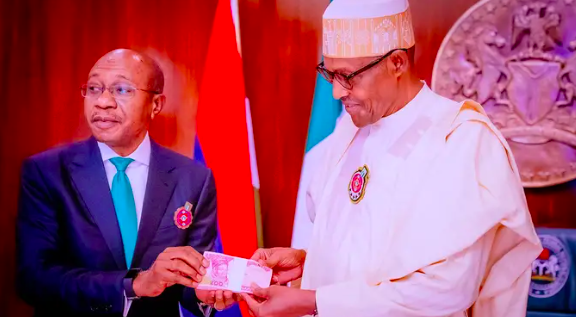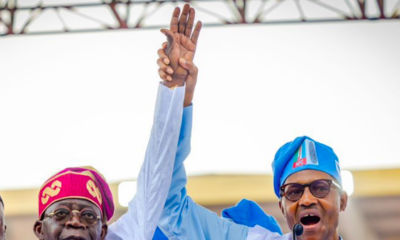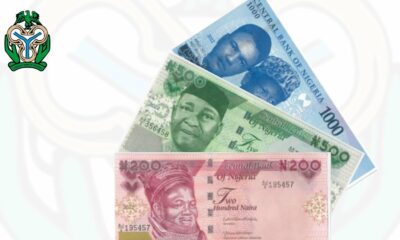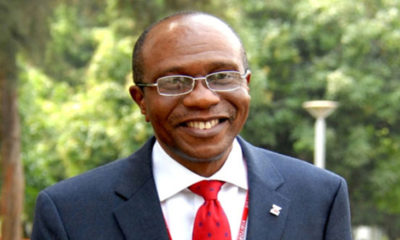News
What Exactly is Happening with the Currency Redesign Policy?

On Wednesday, October 26, 2022, the Central Bank of Nigeria (CBN) Governor, Godwin Emefiele announced that new Naira notes to replace the N200, N500 and N1000 in circulation would be introduced. Emefiele announced that the new notes would start circulating December 15th and old notes would cease to be legal tender January 31st, 2023.
On Monday, November 21, 2022, President Buhari unveiled the new Naira notes in Abuja and as January 31st, 2023 drew close, Nigerians began experiencing difficulty accessing the new notes. ATMs across the country continued to dispense the old notes even after Nigerians had deposited those same notes to their respective banks, per the CBN directive.
As the difficulty in accessing cash continued, the CBN, on January 29th, 2023, extended the validity of the old notes till February 10, 2023, adding that after that date, there will be a 7-day window for people to deposit the old notes with the Central Bank (not their banks). The announcement came after a meeting between Emefiele and President Buhari.
On Friday, February 3rd, 2023, the governments of Kogi, Kaduna, and Zamfara states filed an application at the Supreme Court praying for an order to stop the CBN from ending the use of old Naira notes after the February 10 deadline. And on Wednesday, February 8, 2023, Supreme Court granted the application of the plaintiffs and ordered the CBN not to stop the use of old notes after the February 10 deadline.
When the CBN did not issue a directive following the Supreme Court order, the plaintiffs filed a notice of non-compliance by the CBN. And on Wednesday, February 15th, the Supreme Court stated that its order still stands.
But Nigerians continued to live in uncertainty as the federal government had, at the time, not made a statement on the court’s decision.
Katsina, Lagos, Ondo, Ogun, Ekiti, Cross River, and Sokoto state governments have also applied to join the plaintiffs, while Kano and Rivers state governments sought a separate application against the policy. Jigawa and Niger states have also filed applications against the policy.
Bayelsa and Edo states filed a motion in support of the federal government policy and have been joined as co-defendants in the suit against the federal government.
February 16th, 2023: President Buhari, in a public address to the nation, announced that he has given approval to the CBN to release ONLY the N200 notes back into the country for a period of 60 days, ending April 10, 2023.
He added that N500 and N1,000 remain invalid. The President also said that old notes can only be deposited at the CBN and “designated points”.
Pockets of protests have erupted in Ogun, Oyo, Edo, and Delta states in the last few days as a result of this policy and Nigerians still find it difficult to access their cash in banks. A lot of people have had to pay 10% to 30% of the value of the amount they want in cash as charges to agents who seem to have these new notes.
While alternative channels of exchange of currency – bank transfer, POS terminals – have been adopted by some people, citizens have also complained of individuals and business owners demanding cash as payment for services or value exchanged.
But the biggest issue in all of this is that the Supreme Court and the President have given orders that are directly opposite each other.
Where do Nigerians go from here?






















